The U.S. Department of Housing and Urban Development’s (HUD) Office of Multifamily Housing Programs has unveiled the allocation of $160.1 million in grants to non-profit organizations nationwide. These funds are designated to bolster the development of new or revitalized affordable multifamily rental housing and to provide project-based rental assistance, fostering independent living options for low-income seniors.
HUD Secretary Marcia L. Fudge emphasized the agency’s commitment to addressing homelessness with urgency and ensuring that all Americans, including seniors, have access to quality affordable housing. The funding reflects the Biden-Harris Administration’s dedication to supporting one of the nation’s most vulnerable demographics, particularly as homelessness among seniors sees a concerning uptick.
The grants are extended under HUD’s Section 202 Supportive Housing for the Elderly program, aligning with the Biden-Harris Administration’s commitment to serve low-income seniors. The funds will facilitate the construction and operation of 1,262 new deeply rent-assisted units, catering to low- and very low-income seniors. Additionally, several grant recipients will establish mixed-income communities, incorporating 526 more affordable and market-rate units into the projects, ultimately providing a total of 1,788 homes.
Assistant Secretary for Housing and Federal Housing Commissioner Julia Gordon highlighted that these awards enhance housing affordability and stability for cost-burdened seniors, enabling them to access supportive services and lead independent lives within their communities.
The Section 202 program caters to low-income elderly individuals aged 62 or older, offering them an environment that provides essential services to meet their unique needs while fostering independent living.
HUD disburses these funds to non-profit organizations through two mechanisms:
- Capital Advances: This funding covers the expenses associated with developing, acquiring, or rehabilitating housing. Repayment is not required as long as the housing remains available for very low-income elderly individuals for a minimum of 40 years.
- Project Rental Assistance Contracts (PRAC): This renewable project-based funding bridges the gap between residents’ rent contributions and the project’s operational costs.
The Section 202 program targets very low-income elderly individuals aged 62 or older, enabling them to live independently while benefiting from support services like nutrition, transportation, continuing education, and health-related services tailored to their unique requirements. Eligibility for the Section 202 program hinges on residents having a very low income or earning less than 50 percent of the area’s median income, with most households earning less than 30 percent of the median for their locality.
For more information about HUD and its programs, visit www.hud.gov and https://espanol.hud.gov.
Source: HUD Press Release

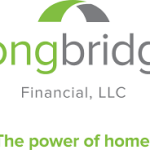
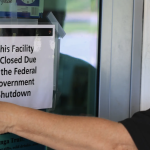




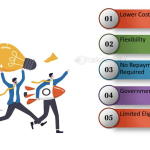

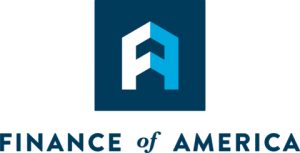
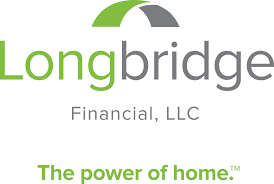
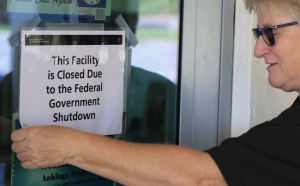

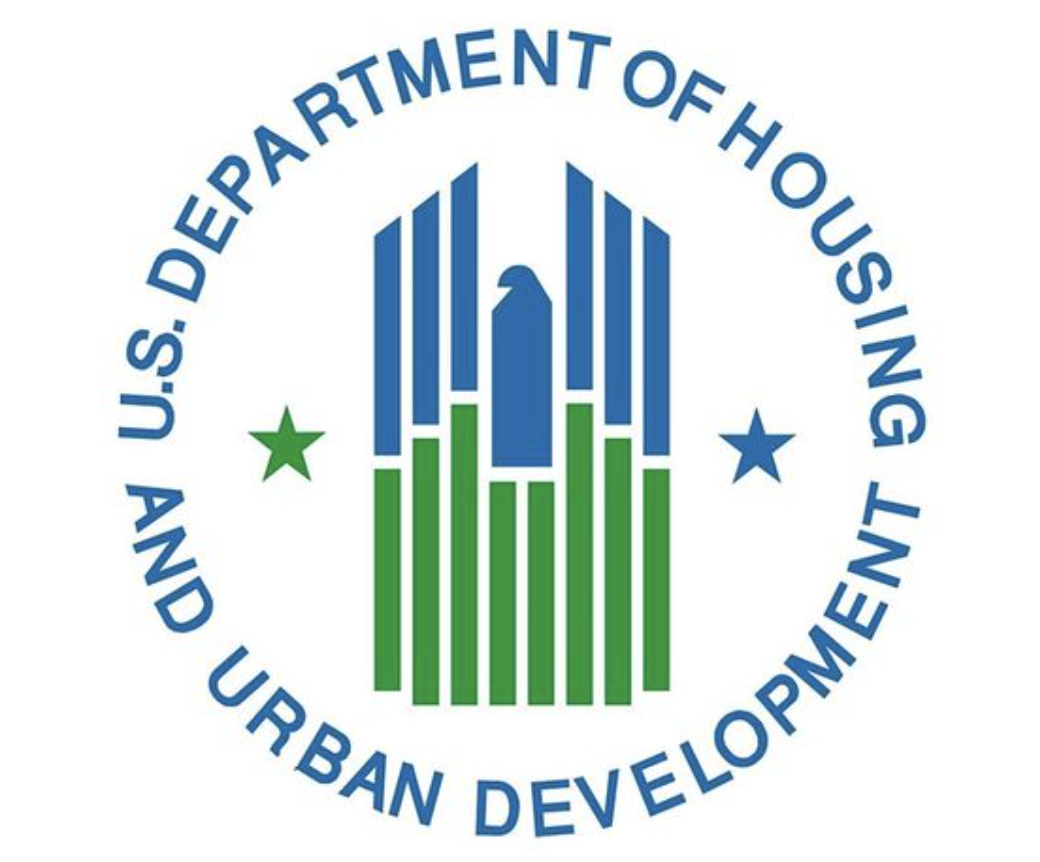
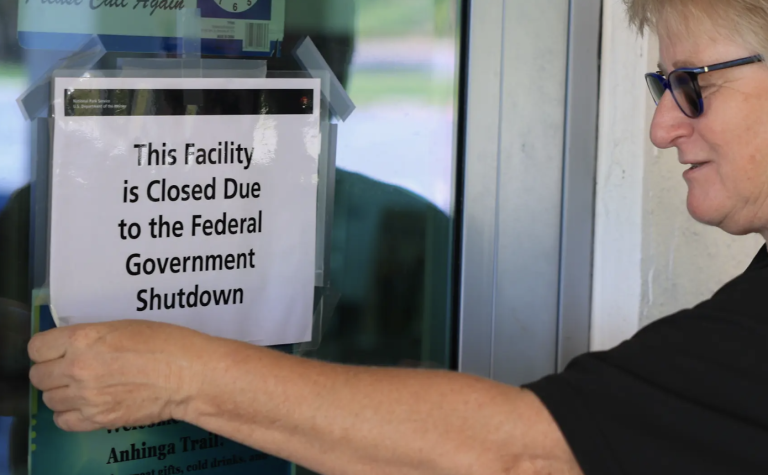

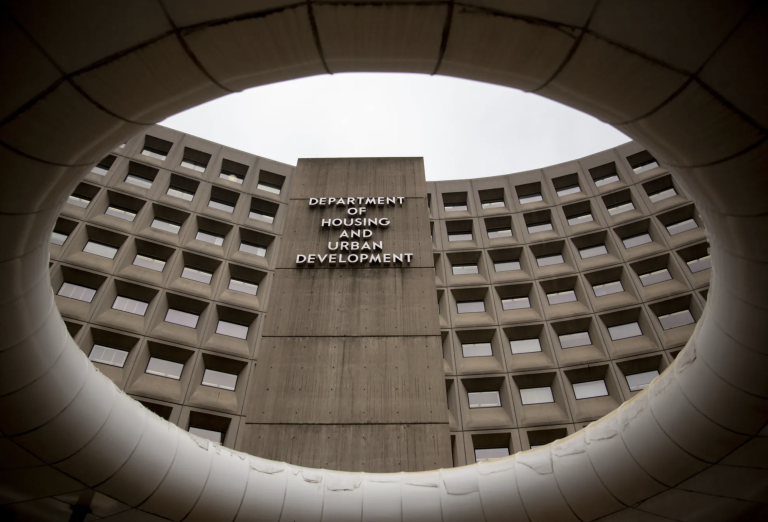
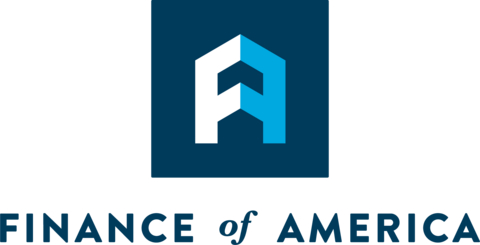



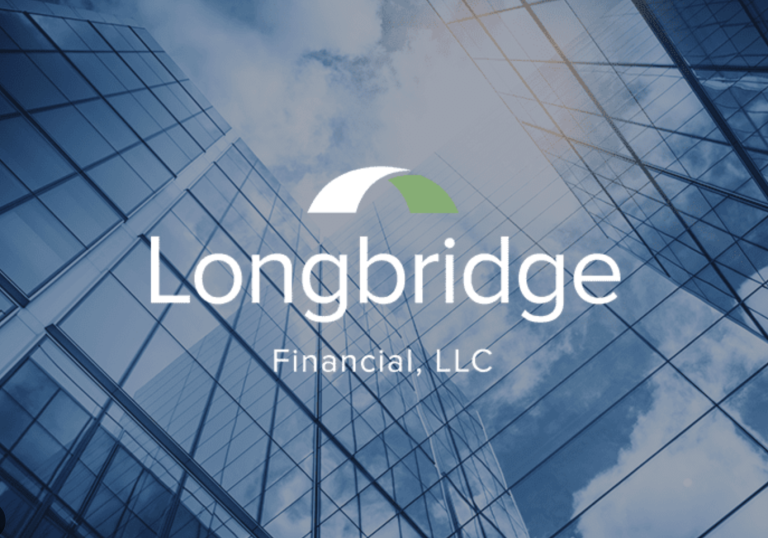
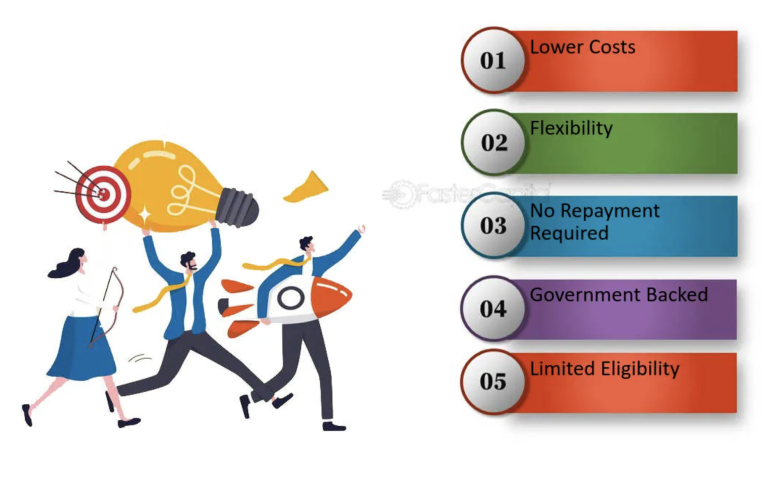
+ There are no comments
Add yours